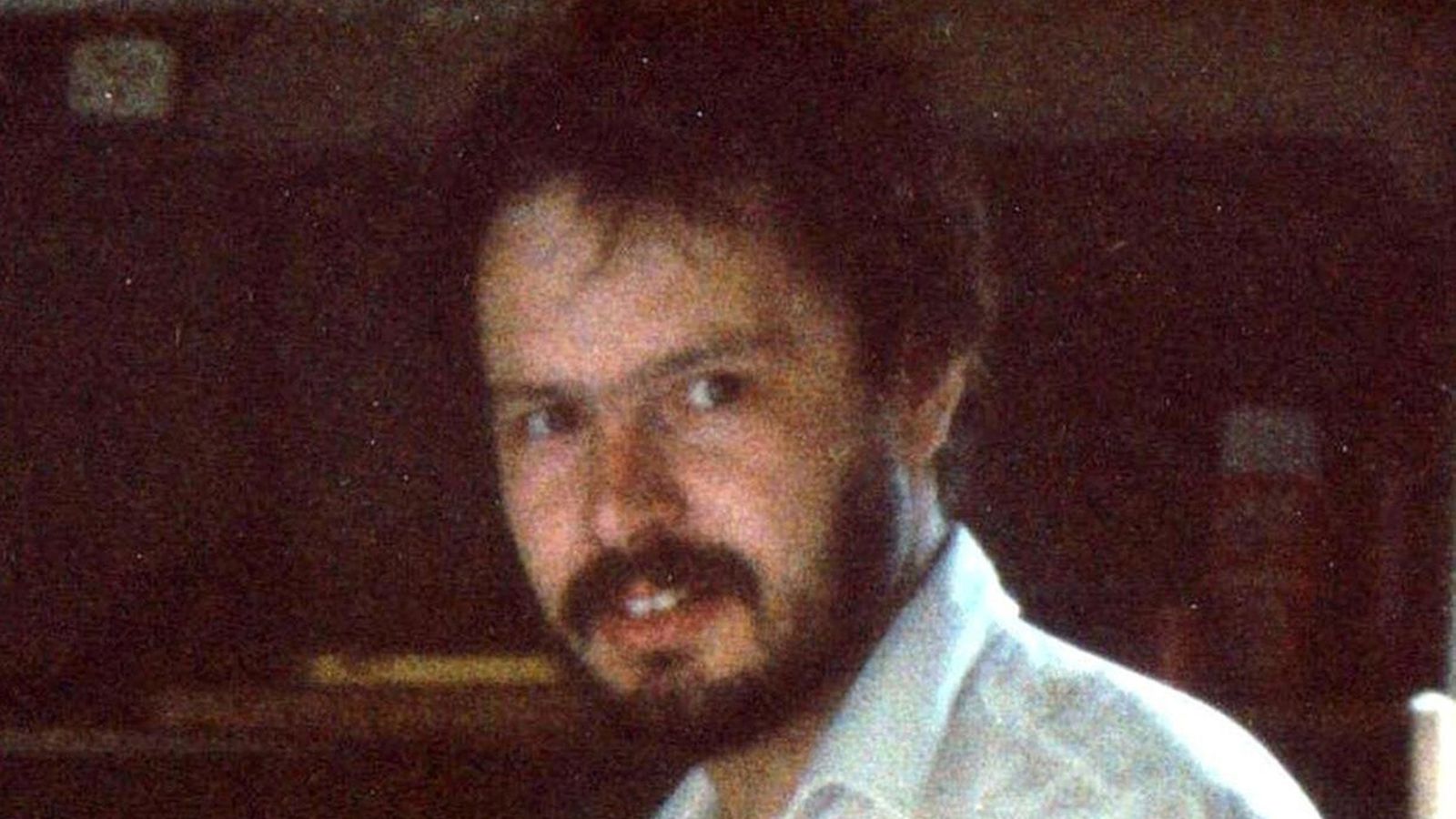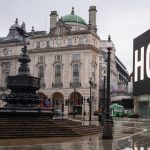The Metropolitan Police commissioner has apologised for the force’s failings over the unsolved murder of private detective Daniel Morgan.
Dame Cressida Dick said it is a “matter of great regret that no one has been brought to justice and that our mistakes have compounded the pain suffered by Daniel’s family”.
A long-awaited report by an independent panel into the axe killing of Mr Morgan 34 years ago has accused the Metropolitan Police of “a form of institutional corruption” and found “multiple very significant failings” during its initial investigation.
A second probe by Hampshire Constabulary “did not pursue, to the fullest extent possible, evidence that serving or former police officers were involved” in the murder, the panel found.
Mr Morgan was killed in the car park of a pub in Sydenham, southeast London, on 10 March 1987.
There was evidence of “a culture” within the Met in 1987 which allowed “very close association” between police officers on the team investigating Mr Morgan’s murder and “individuals linked to crime”, the panel concluded.
Conservative former prime minister Theresa May, who established the panel when she was home secretary, told Sky News: “This is a very hard-hitting report, it’s a damning report.
“It reveals sadly significant corruption in the Metropolitan Police that took place around the investigation into Daniel Morgan’s killer.
“My thoughts are with Daniel Morgan’s family today because this has been a 34-year battle for them to find some sense of understanding about what happened around the killing of their brother.”
Mrs May said at the heart of the report was “yet another example of an organ of the state whose job was to protect
the public, prioritising the reputation of the institution over the delivery of justice”.
She also described the Met commissioner as “an extraordinarily able police officer… who will want to ensure the Metropolitan Police have taken the steps necessary to make sure they are able to deal with corruption in the force”.
The ex-PM said the “vast majority” of officers act with integrity, adding: “Where corruption does occur it must be rooted out with vigour, unlike what happened through this episode of finding the killer of Daniel Morgan.”
Despite five police inquiries and an inquest, no-one has been brought to justice over the father of two’s death, with the Met admitting corruption had hampered the original murder investigation.
In the report, the panel, chaired by Baroness Nuala O’Loan, said it faced “hurdles” from the Met Police after it was set up in 2013 by Mrs May.
This included the actions of Dame Cressida who initially refused the panel access to a data system during her time as an assistant commissioner, it said.
The panel called for the Met to apologise to Mr Morgan’s family and the public for not confronting its systemic failings and those of individual officers.
Please use Chrome browser for a more accessible video player
In the 1,251-page report, the panel said Mr Morgan’s family have “suffered grievously” because the killing has remained unsolved, and the Met Police had failed “to acknowledge its many failings over the 34 years since the murder”.
“Concealing or denying failings for the sake of the organisation’s public image is dishonesty on the part of the organisation for reputational benefit and constitutes a form of institutional corruption,” the panel said.
It added: “The multiple police failures over many years, the death of witnesses and the passage of time, mean that it is most unlikely there will be a successful prosecution for Daniel Morgan’s murder.
“In failing to acknowledge its many failings over the 34 years since the murder of Daniel Morgan, the Metropolitan Police’s first objective was to protect itself. In doing so, it compounded the suffering and trauma of the family.”
Please use Chrome browser for a more accessible video player
In a statement through their lawyer, the family of Mr Morgan said: “We welcome the recognition that we – and the public at large – have been failed over the decades by a culture of corruption and cover up in the Metropolitan Police, an institutionalised corruption that has permeated successive regimes in the Metropolitan Police and beyond to this day.”
Asked whether Dame Cressida should considering resigning in light of the report, Mr Morgan’s brother Alastair responded: “Absolutely she should.”
Home Secretary Priti Patel said the report was “deeply alarming” and described the Morgan case as “one of the most devastating episodes in the history of the Metropolitan Police”.
She said she had written to Dame Cressida asking for a detailed response to the panel’s recommendations.
Cressida Dick rebuked in report detailing long-standing corruption in Met
By Mark White, home affairs correspondent
The Daniel Morgan independent report has delivered the biggest reputational slap in the face to the Metropolitan police since it was accused of “institutionalised racism” in the Macpherson report more than two decades ago.
Which is ironic, because it was Scotland Yard’s determination to avoid reputational damage which resulted in a “form of institutionalised corruption”, according to the report.
It accuses senior commanders of dishonesty, of concealing or denying repeated failings in the Daniel Morgan case, in order to limit the damage to its reputation.
At their news conference, panel members were at pains to point out that the “institutional corruption” they highlight in their 1200-page report is not just a historical problem. It still exists today, they claim.
Inevitably, there are now some difficult questions for Scotland Yard’s current commissioner, not least because she’s specifically named and criticised for decisions she made when she was an assistant commissioner at the Yard.
She is effectively being accused of throwing obstacles in the way of those panel members trying to delve into the Met’s repeated failed investigations into the killing.
In one passage, it reads: “The Metropolitan Police’s lack of candour manifested itself in the hurdles placed in the path of the Panel, such as AC Cressida Dick’s initial refusal to recognise the necessity for the Panel to have access to Holmes (the data system which provides safeguards for the integrity of investigations and also enables independent scrutiny to identify failures) as well as limiting access to the most sensitive information.”
It will of course make for some deeply uncomfortable reading for the commissioner and dozens of other past and present officers from the most senior to the most junior ranks.
I asked Daniel Morgan’s brother, Alastair, in light of the report’s criticism of Cressida Dick, and concerns that institutionalised corruption still exists, whether she should go?
He replied: “Yes, she certainly should consider her position.”
But crucially, the commissioner still has the backing of the home secretary.
Although, that’s conditional on the Met taking immediate steps to remedy the main concerns highlighted in the report.
There is too a tacit acknowledgement that despite the obvious lack of candour over the years, the most egregious failings happened 34 years ago.
The initial murder investigation was bungled from the outset, with both corrupt officers and appallingly bad investigative procedures, effectively ending any chance of bringing those responsible for Daniel Morgan’s murder to justice.






















